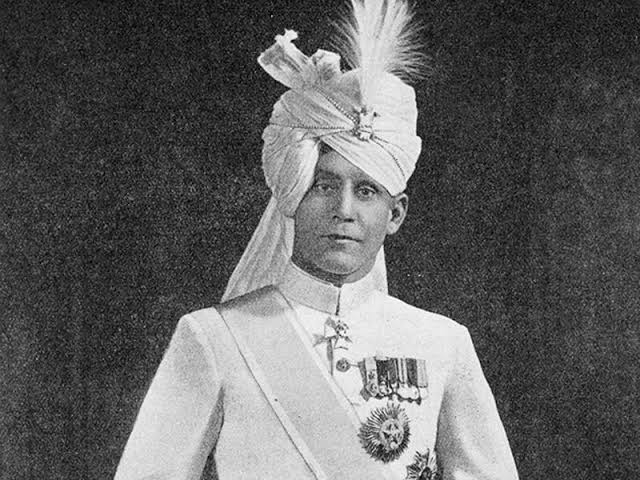The Bhopal Municipal Corporation’s recent decision to rename three prominent institutions — Hamidia Hospital, Hamidia College, and Hamidia School — has triggered sharp criticism from historians, opposition leaders, and civil society members, who see it as a politically motivated attempt to erase a crucial part of Bhopal’s heritage, reported the Indian Express.
The resolution, approved in June and forwarded to the municipal commissioner for action, claims that Sir Hamidullah Khan, the last Nawab of Bhopal, opposed Bhopal’s merger with India and therefore should not be honoured. Corporation President Kishan Suryavanshi stated that the change was a long-standing demand.
However, Opposition Leader in the civic body, Shabista Zaki, has condemned the move as undemocratic and legally flawed. “This decision was passed in secrecy without inclusion in the agenda, without debate, and without due process. We have lodged a complaint with the Chief Secretary, as there is no legality to such a resolution,” she asserted.
Renowned historian Shahnawaz Khan, author of Bhopal Riyasat ka Itihaas (1722–1949), has also vowed to challenge the decision in court. He argues that Nawab Hamidullah Khan played a vital role in shaping modern Bhopal, building over 300 institutions, including educational facilities for girls, and contributing significantly to civic infrastructure. “He acceded to India in 1949 and his contributions to administration, healthcare, and education cannot be undermined. This move distorts history for political gains,” Khan emphasised.
Hamidia Hospital, a leading multispeciality teaching facility affiliated with Gandhi Medical College, traces its roots to the early 20th century when it began as the Prince of Wales King Edward Memorial Hospital for Men. Its growth and relocation to Fatehgarh Fort were made possible under the vision and patronage of the Nawab.
Critics warn that renaming such institutions erases the legacy of leaders who contributed immensely to the city’s progress, replacing historical memory with selective narratives that suit current political agendas. The matter now awaits legal scrutiny in the Madhya Pradesh High Court.




